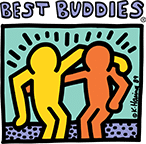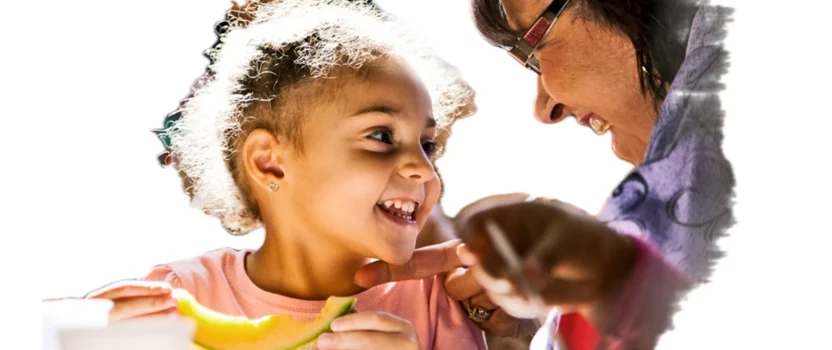Turning a New Leaf: SLP as an Inclusive Practice for Families

By: Avelyn Garlish, YLC Member (Texas)
Speech language-pathology, also commonly known as speech therapy, is the practice of promoting communication through speech or other modalities. Individuals with IDD are often referred to a speech-language pathologist, or SLP, in an early childhood intervention program or other similar approaches. SLPs work closely with family members and other individuals close to the child to promote language development and communication.
As a parent or caregiver to a child with IDD, starting SLP services can be daunting and overwhelming. Receiving a diagnosis alone comes with a wide range of emotions, not to mention deciding on therapies and possible treatments. Being an undergraduate involved with Best Buddies and studying speech, language and hearing sciences, I want to provide my insight on how the field is becoming a more inclusive practice, and in doing so, hopefully provide some knowledge and support for families.
Many parents worry about how speech therapists will view their child being diagnosed with an intellectual or developmental disability. In the past, SLP services have been focused on “fixing” speech rather than embracing alternative forms of communication. Today, however, the majority of speech therapists I have worked with consider themselves “neurodiversity affirming”, honoring all forms of communication and language. Neurodiverse affirming practices encourage individuals with IDD to work on holistic and personalized goals rather than sticking to specific, uncomfortable ones.
Additionally, many parents have concerns over the modes of communication recommended by therapists. New technology has allowed individuals to communicate using devices such as a tablet or pixel board. We refer to these devices as “Alternative and Augmentative Communication”, or AAC. AAC has been a wonderful tool for therapists to use, and it is accessible for families to learn and adopt. Adults and children alike can benefit from AAC, no matter how much or little technology the child requires.
Parents of children with IDD hope that all their child’s needs—emotional, physical, and cognitive—will be met in therapy. Research, combined with increased awareness, has also brought sensory-friendly support systems to speech therapy sessions. Through my observations, I have witnessed therapists use and encourage calming techniques to support the child’s learning. From utilizing small fidget toys to building sensory gyms for practices, SLPs are continuing to embrace neurodiversity and support the IDD community.
While the field of speech-language therapy, like any other field, is not perfect, I am confident that it will continue to advance. More inclusive and accessible practices have continued to be implemented, and with the growth of new technologies, SLP proves to be a promising and exciting field. As a member of the new generation responsible for growing speech-language pathology, I strive to make it better each and every day—one individual at a time.

